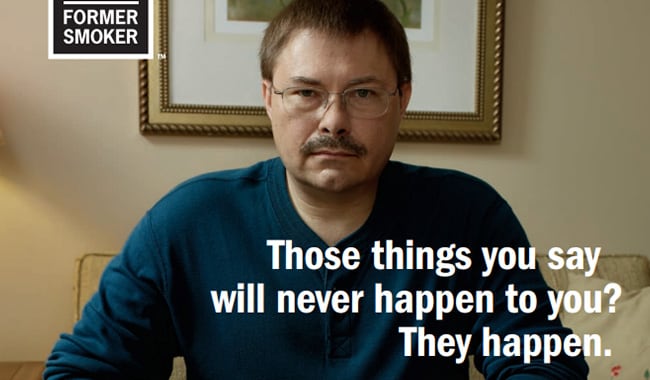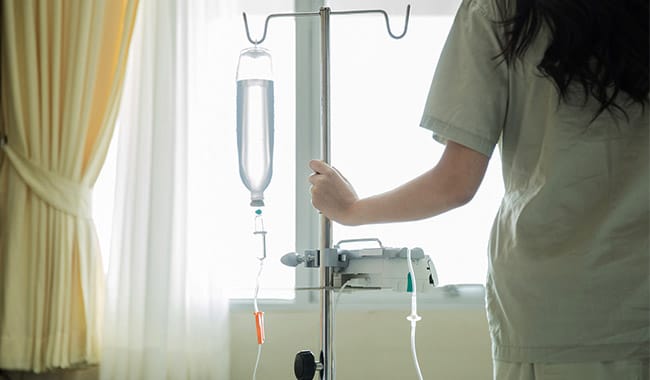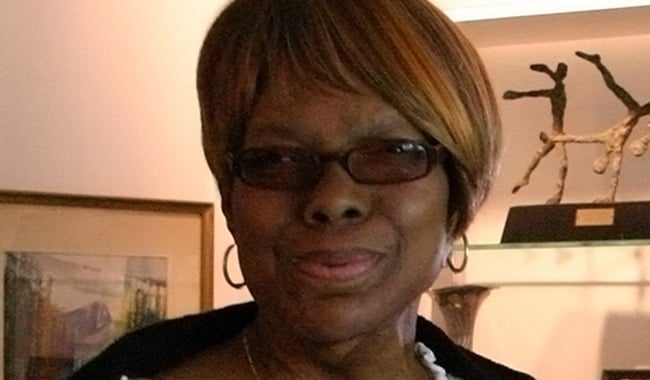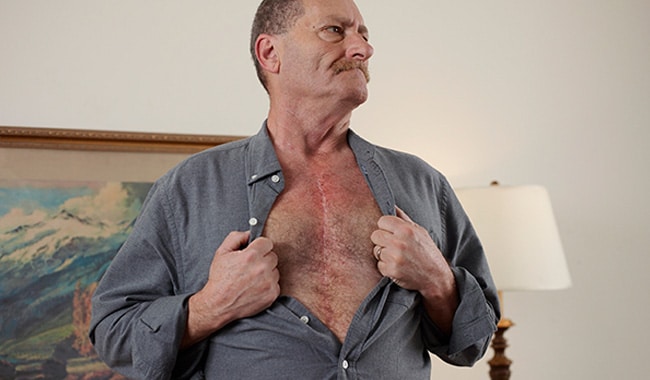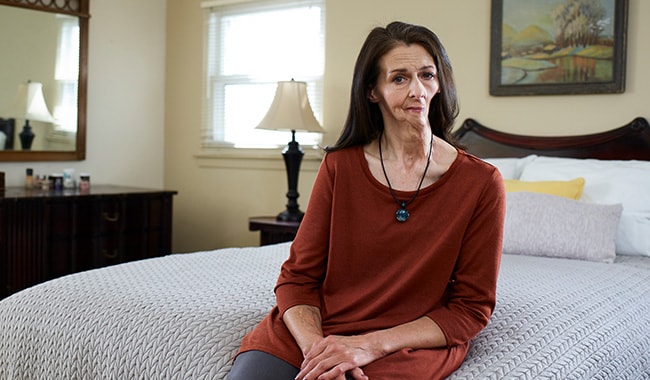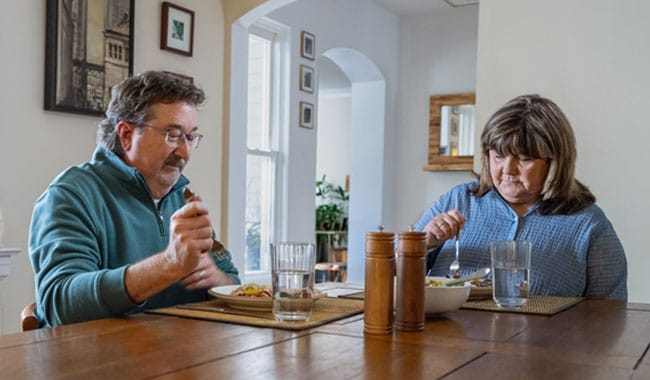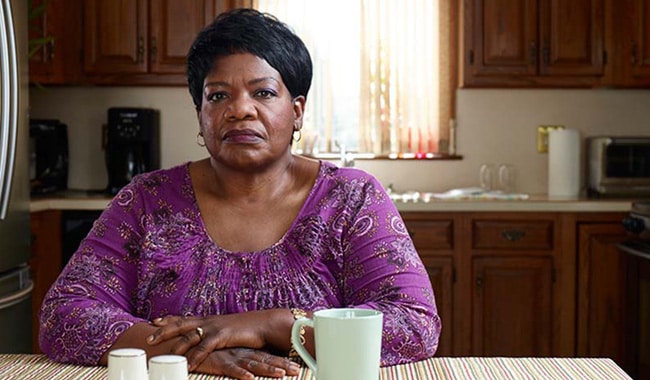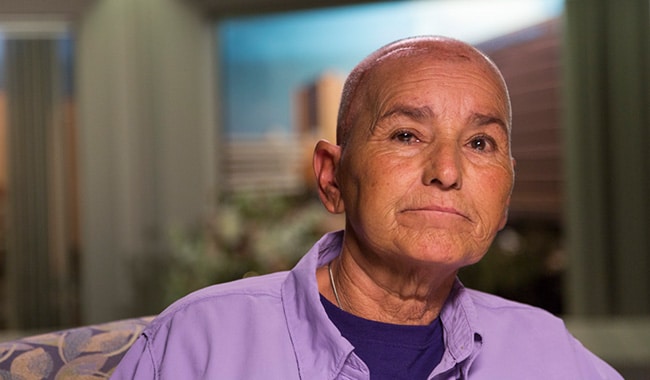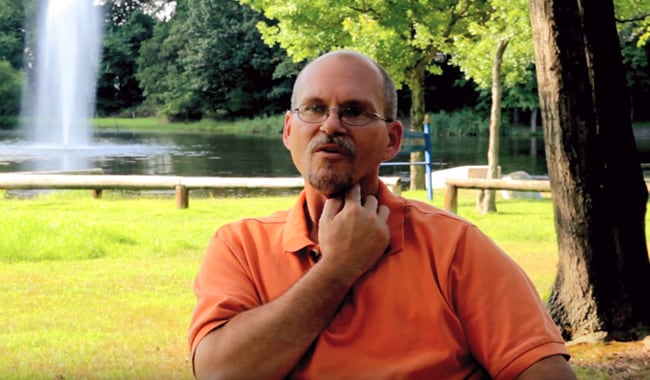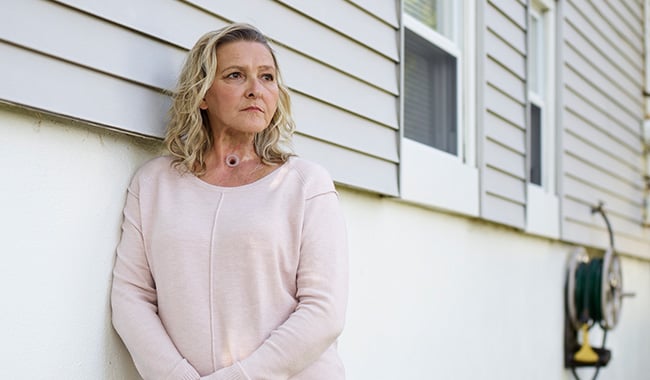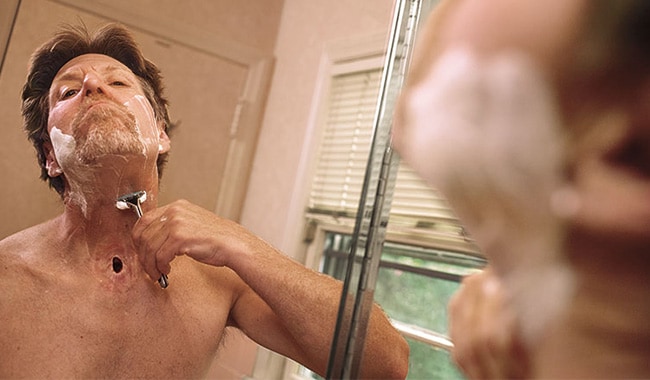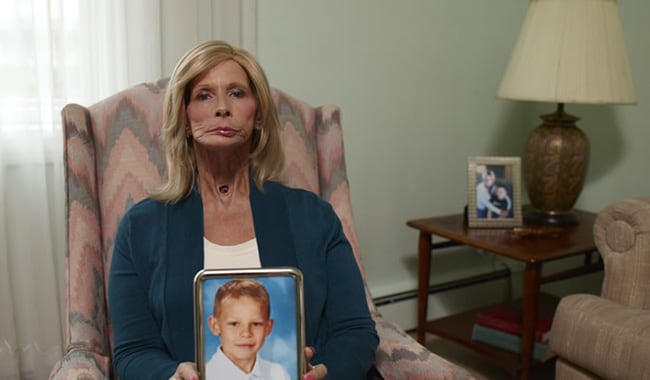Mark A.’s Story

Mark grew up in California and started smoking as a teenager to fit in with friends. At 19, he joined the Air Force, where he continued to smoke. He used cigarettes or smokeless tobacco, and sometimes both, through two tours of duty in the Persian Gulf. Mark smoked until 2009, when he developed rectal cancer at age 42. Mark was no longer in harm’s way on active military duty. But he faced the fight of his life against a cancer that is linked to smoking.
“Everything just—it came to a grinding halt,” said Mark. “I realized, ‘I have cancer. I could die!’” Treatments lasted for months, including radiation, chemotherapy, and surgery. Mark needed an ostomy bag taped to a hole in his abdomen to collect waste for another 6 months. Mark hopes his story will inspire others to quit as soon as possible, especially young people. “There’s nothing good that comes from smoking.”
Persons with disabilities experiencing problems accessing these videos should contact CDC-INFO at CDC-INFO email form: https://www.cdc.gov/info, 800-232-4636 or the TTY number at (888) 232-6348 and ask for a 508 Accommodation PR#9342. If emailing please type “508 Accommodation PR#9342” without quotes in the subject line of the email. Please include the URL of the site in the Subject line of your email request that you would like to access.
View more Tips videos sorted by name, disease and specific groups
Mark A.’s Biography
Mark started smoking as a teenager to fit in with friends. “When you’re 18 or 19, your friends mean a lot,” he said. It was a teenage choice that he regrets very much today. Mark soon became a regular smoker. He continued to smoke a pack a day until 2009, when he developed rectal cancer.

At age 42, with a wife and a young daughter to support, Mark faced the fight of his life. His illness—rectal cancer—is a type of colorectal cancer. All the cancers in this group are more common in people who smoke than in nonsmokers. Mark’s first symptoms were changes in his bowel habits, including strong urges, constipation, and traces of blood.
Mark’s doctor ordered a colonoscopy, which is a simple exam of the colon that uses a tiny video camera and a TV monitor. “Everything just—it came to a grinding halt,” said Mark. “I literally looked at this tumor on the monitor and realized, ‘I have cancer. I could die!’” Medical treatments and recovery lasted for many months. Mark had radiation, chemotherapy, and surgery to remove parts of his lower colon and rectum. For about 6 months, Mark needed an ostomy bag taped to a hole in his abdomen to collect waste.
As for cigarettes, Mark quit smoking soon after learning he had cancer. He wanted to do everything in his power to get well. He had tried to quit several times before. During his service in the Air Force, Mark started to think differently about smoking. He joined at age 19 and remembers that smoking was a liability in many types of duty.
“In the field, you can’t smoke because of security; you don’t want a light from smoking giving away your position to the enemy,” said Mark. He tried switching to snuff, a finely ground tobacco. Mark went on to serve two tours of duty in the Persian Gulf in support of Operations Desert Shield and Desert Storm. His addiction stayed with him as he switched from cigarettes to smokeless tobacco and back to cigarettes again.
When Mark finally gave up cigarettes and smokeless tobacco for good, the first 2 weeks were very hard. He says that thinking of himself as a nonsmoker helped. “Instead of fighting the cravings, I told myself, ‘Yes, it would feel fantastic to have some nicotine, but you’re not a drug user anymore,’ and in a short time the craving went away.”
Today, Mark has been cancer-free for 5 years. He’s passionate about the importance of getting regular screenings for colorectal cancer and seeing a doctor if you have any symptoms of colorectal cancer. As for smoking, Mark hopes his story will inspire others to quit as soon as possible, especially young people. “If you really feel like you’re old enough to make your own choices, then be that man, be that woman, and stop smoking.”
“All the negative effects that you think are never going to happen, like getting colorectal cancer, they happen. Trust me,” said Mark. “For me, the ostomy was absolutely necessary. The choice was having the procedure or I was going to die. There’s no question—without an ostomy, I wouldn’t be here today, and if I had to do it over again, I would.”

